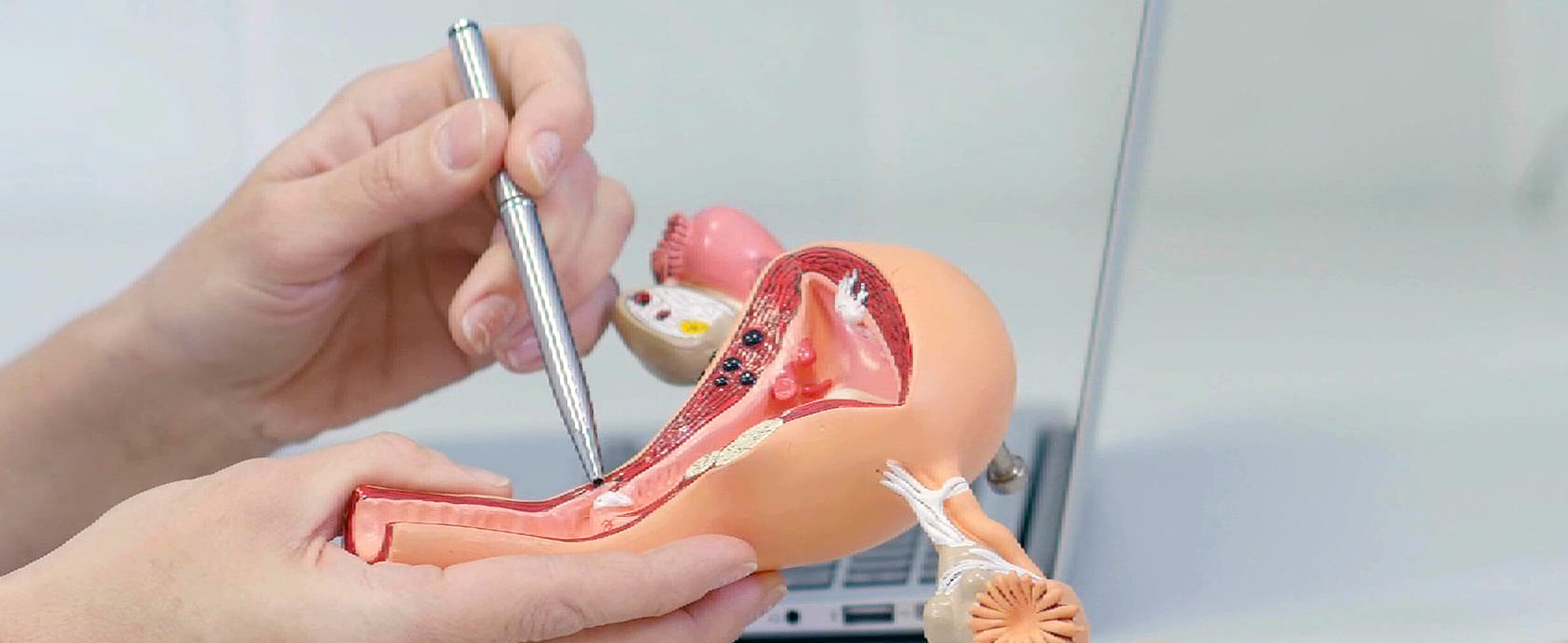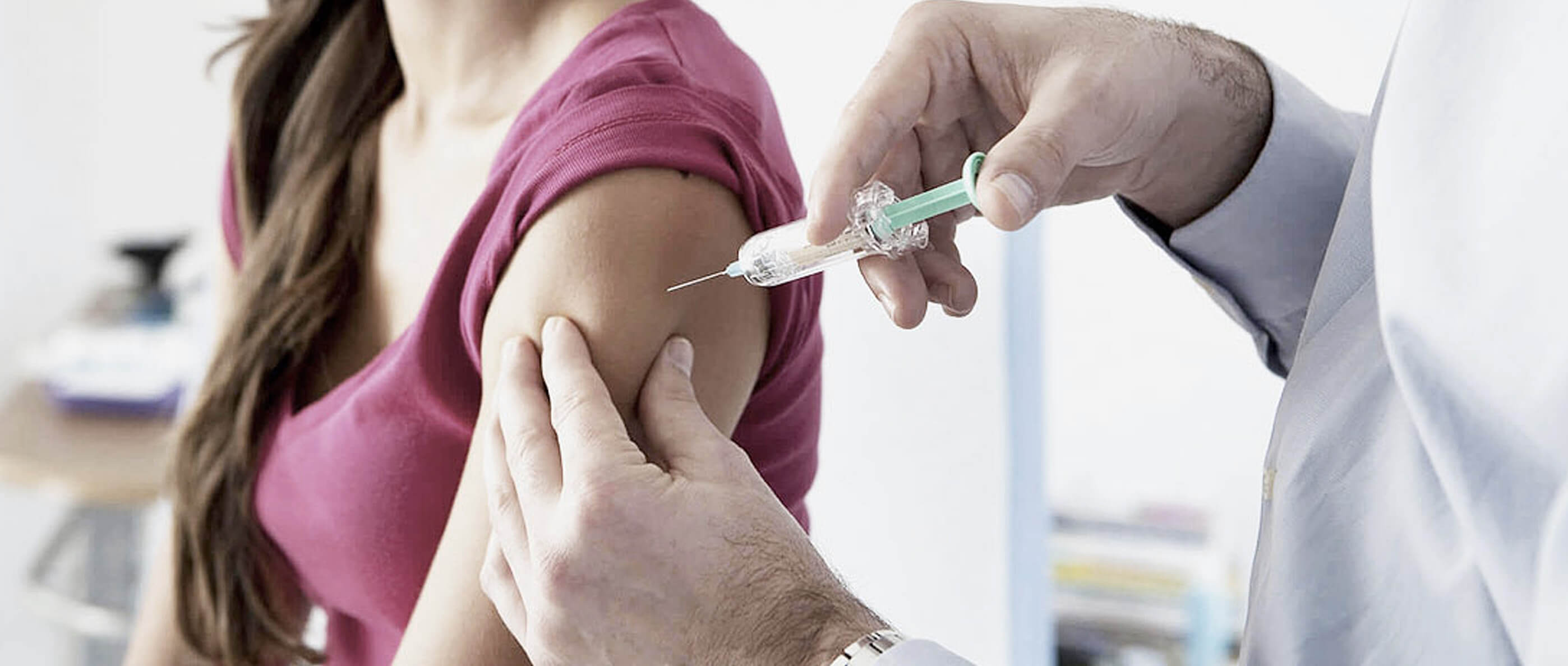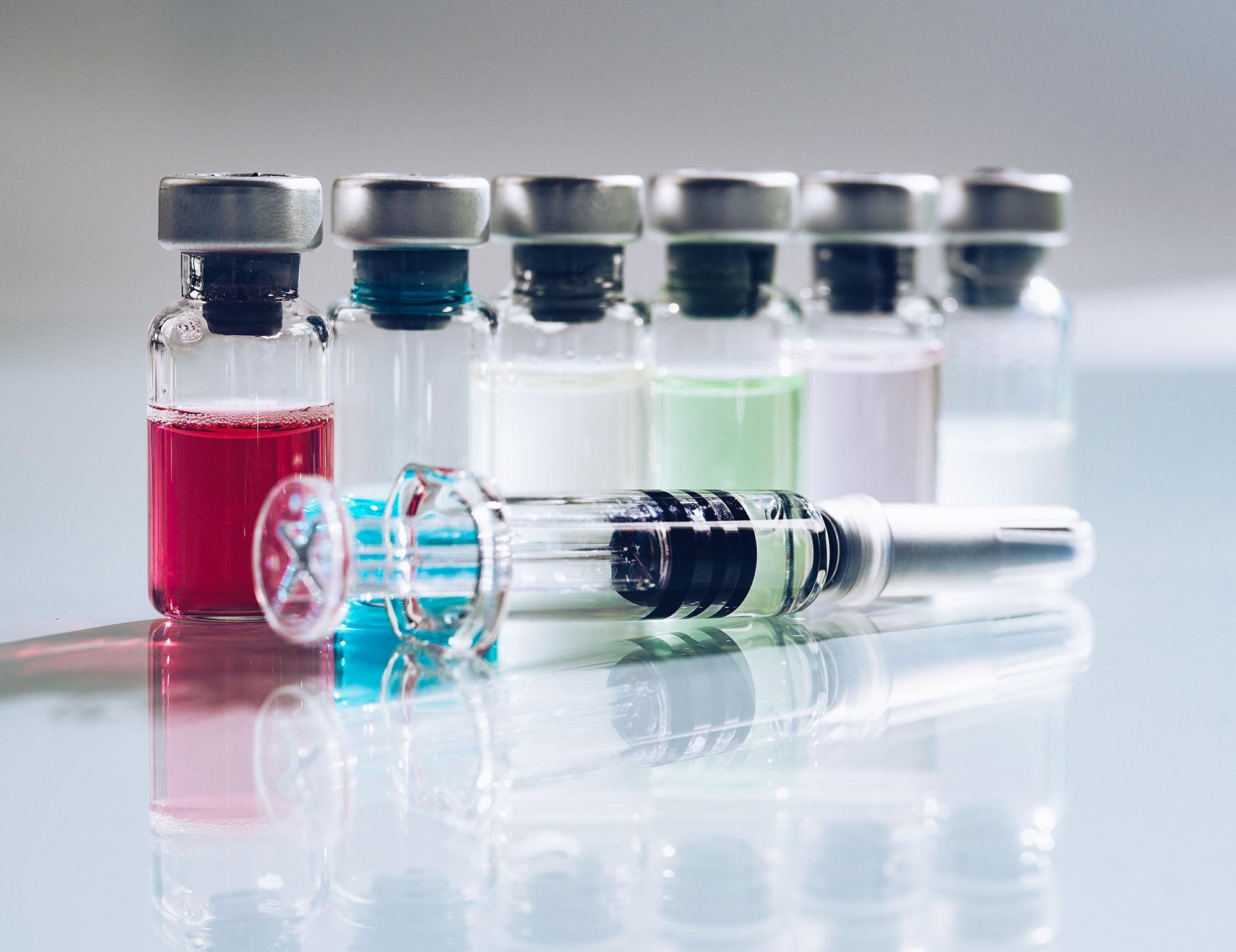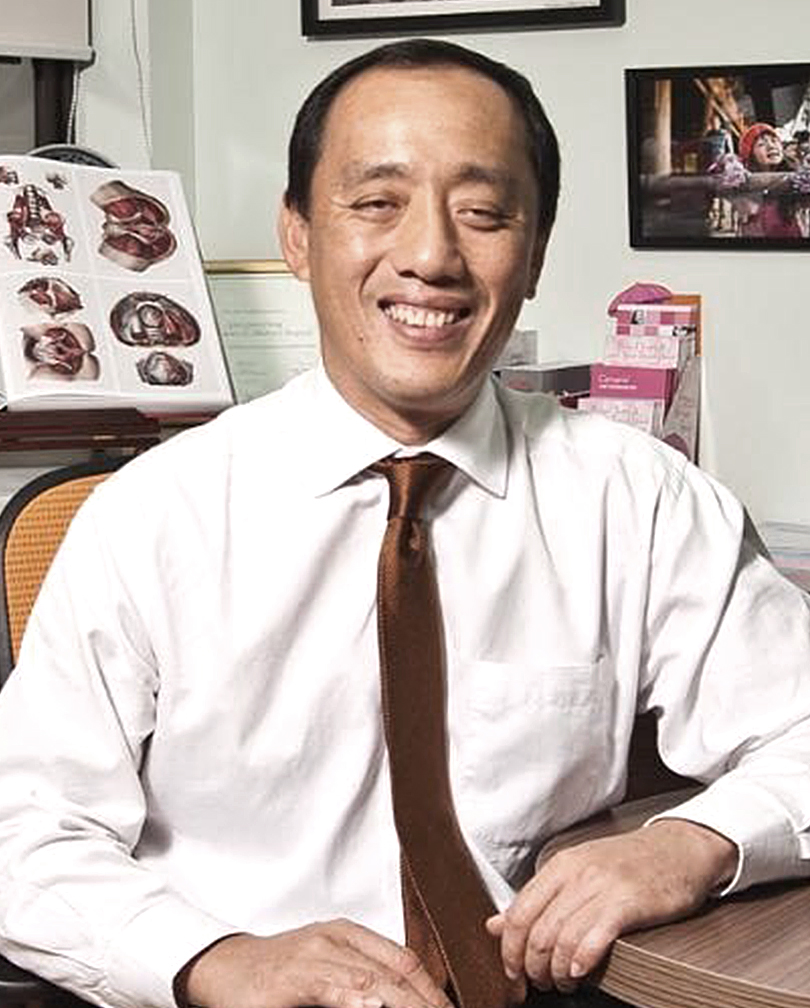

HPV vaccines are safe and effective vaccines that guard against infections from human papillomaviruses (HPV), a common sexually transmitted virus. Spread through skin-to-skin contact, most often during sex, HPV can cause genital warts and various cancers, including cervical, anal, oropharyngeal, penile, vulvar, and vaginal cancer. The HPV vaccine can help prevent HPV and HPV-related cancers.
There are over a hundred strains of HPV, and not all of them cause cancer. Currently, 14 strains are known to cause cancer, in particular HPV types 16 and 18 which are responsible for 70% of cervical cancer and pre-cancerous lesions. Some other cancer-causing strains include 31, 33, 45, 52, 58 and more. On the other hand, 90% of genital warts are caused by HPV types 6 and 11, which rarely develop into cancer. While different types of vaccines protect against different numbers of HPV types, one thing is for sure—they all have the majority-cancer-causing types 16 and 18 in common.

HPV vaccines are composed of virus-like particles that mimic the structure of the actual HPV virus. These particles act like decoys, training the body's immune system to recognise and fight off HPV without any risk of infection since they lack the virus's DNA.
Considering that most sexually active people get infected at some point in their lives, this effectively means that HPV vaccines work best when administered before the individual has begun engaging in any sexual activity. Nonetheless, those who are sexually active and may have already been exposed to some strains of HPV may still find benefit in receiving the HPV vaccine (assuming eligibility criteria are met), because it is unlikely that they have already contracted all the strains that some of these vaccines protect against. While long-term studies of vaccine efficacy are still in progress to better understand the full duration of protection conferred, current evidence shows a sustained protection against vaccine-targeted HPV-related diseases; and there is currently no recommendation for booster shots or extra doses.

There are 3 types of HPV vaccines available: Gardasil 9 (the newest), Gardasil 4 and Cervarix; and they are offered to women and girls from age 9 onwards. Younger teens and adolescents between 9-14 years of age only need to have 2 injections, whereas 3 injections are required for age 15 and older. Women up to age 45 are licensed to have the vaccine but older women may also benefit.
| Gardasil 9 | HPV Types 6, 11, 16, 18, 31, 33, 45, 52, 58 |
| Gardasil 4 | HPV Types 6, 11, 16, 18 |
| Cervarix | HPV Types 16, 18 |
The HPV vaccine can be taken by both men and women. In Singapore, HPV vaccination is strongly recommended for females aged 9–26. While there is currently no formal recommendation for males, vaccination of males against HPV has been found to reduce their risk of HPV infections and head and neck cancers, among others.
The HPV vaccine may not be suitable for those allergic to yeast or any of the vaccine components, although this is uncommon. Those currently afflicted with an acute infectious disease or are pregnant may also not be eligible.

He received his medical training in Dublin, Ireland and worked in London for several years, including three years as a research fellow. Today, Dr Quek serves on the board of the International Federation of Colposcopy & Cervical Pathology; and has devoted much of his research and humanitarian work around HPV and cervical cancer as well.